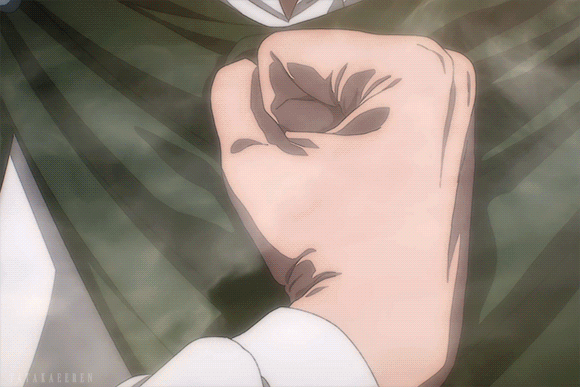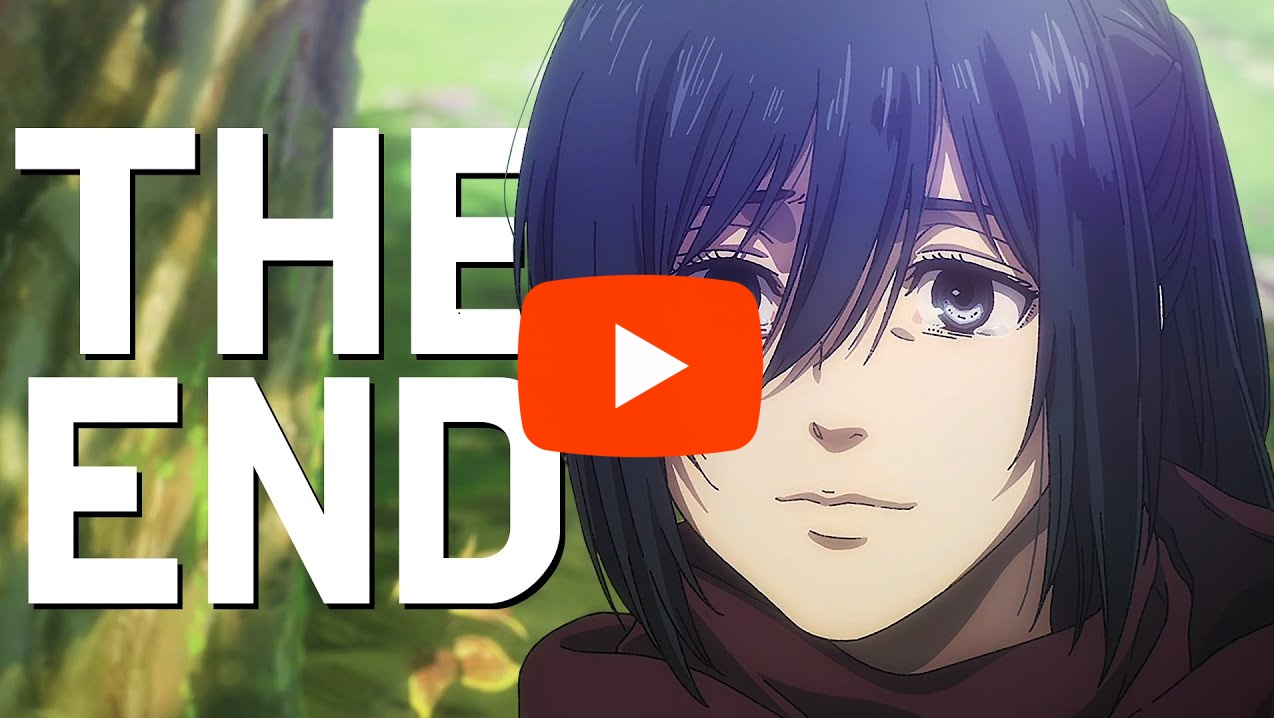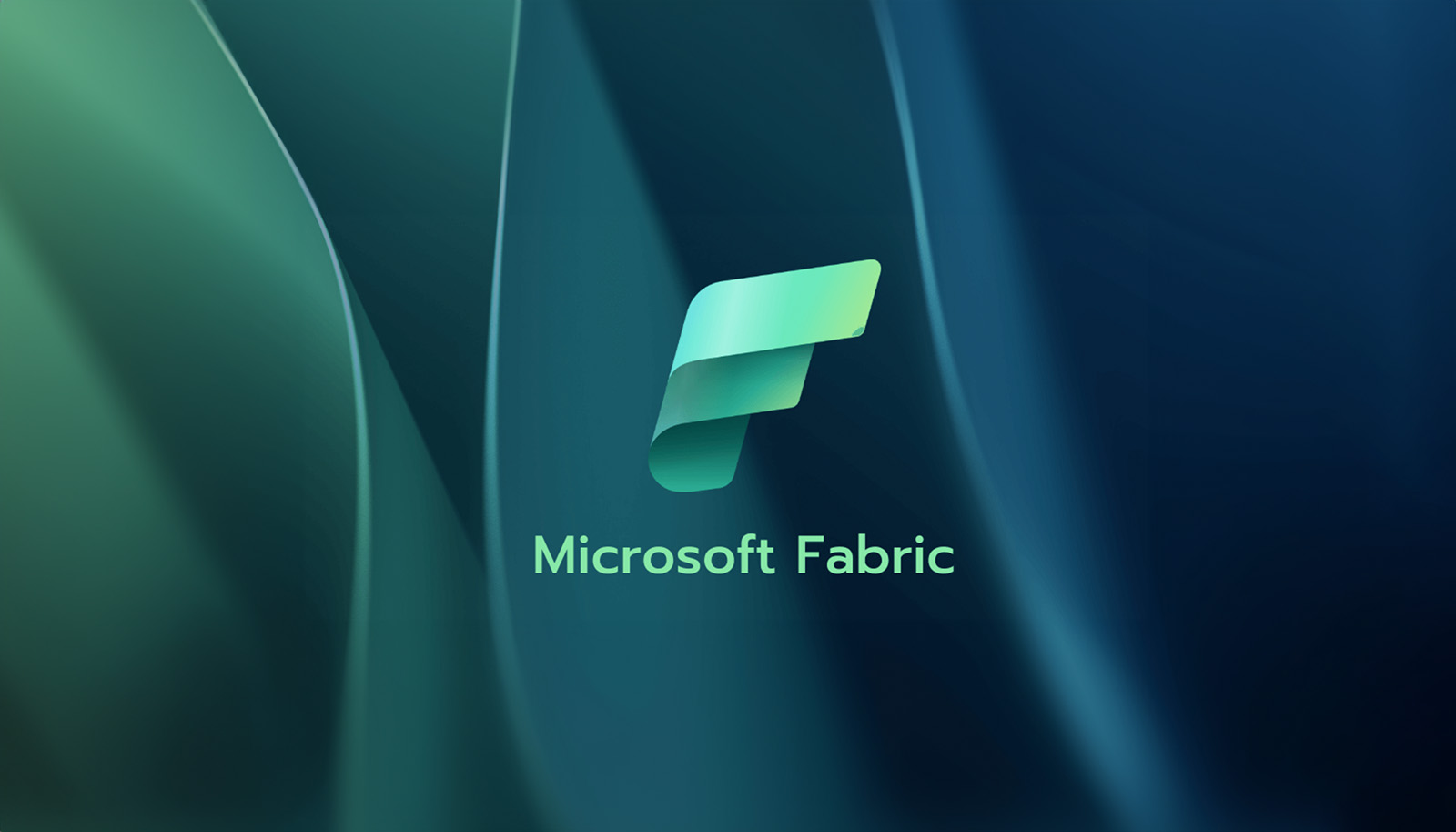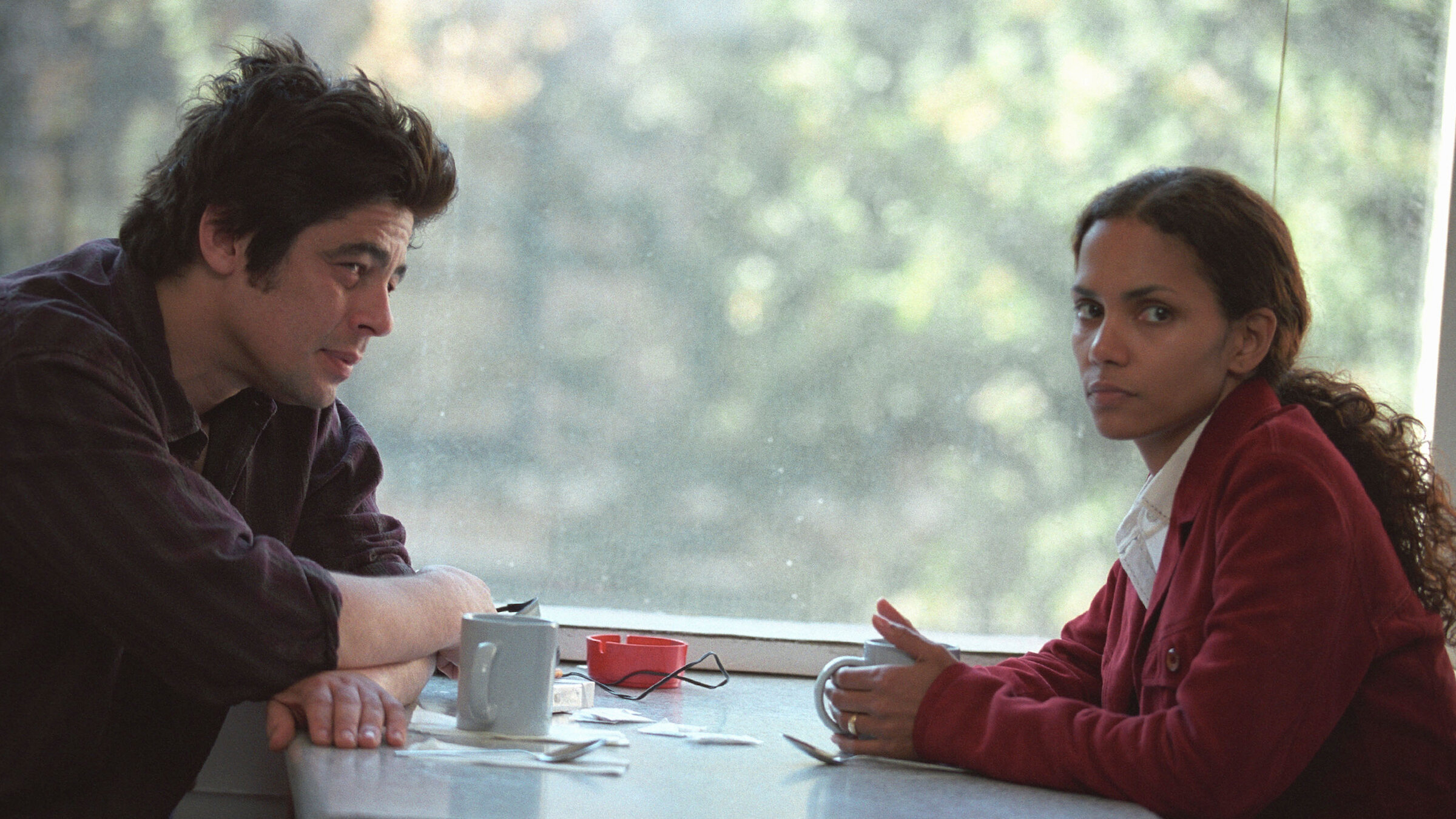Warning: This article contains light spoilers for the anime Attack on Titan. Reading it won’t prevent you from enjoying the series, but if you want to go in completely blind, I’d suggest skipping this article and coming back after finishing the show. Attack on Titan is worth watching in its entirety!
Greatness Sans Hyperbole
For many of us, talking with strangers online has become a regular part of daily life. Across social media, forums, blogs, and the like, we discuss, debate, decry, and connect with our fellows, sometimes civilly, and sometimes not. This online discourse is a crucial component of contemporary social life. In many ways, it is our modern-day town square, weaving together a virtual tapestry of blended voices and nuanced conversation.
Within this shared digital commons, there are words, phrases, and sayings used so often they’ve almost lost their meaning. Beyond being clichés, these terms boast weighty textbook definitions that are cheapened by how flippantly they’re thrown around online. Terms like “iconic”, “the best ever”, “legendary”, “out of this world”, “mind-blowing”, “life-changing” and most anything preceded by the word “literally”. Yet, perhaps no term has been subjected to greater dilution than the acronym G.O.A.T. (Greatest of All Time). Its ubiquitous and often unmerited use has rendered it nearly meaningless, relegating it to the realm of hyperbole. I cannot emphasize enough how much this pains me (hyperbolically speaking 😉). I remember the early days of social media when GOAT meant something. You dropped that in a conversation and people knew you meant business. The stakes were raised. The discussion swiftly transitioned from idle chatter to deliberations on the very nature of greatness, and the evidence, or lack thereof, required to crown someone atop its pinnacle.
But these days? It seems everyone and everything is the GOAT. Your team’s quarterback just threw a touchdown? He’s the GOAT. Your favorite musician dropped a new album? They’re the GOAT. You just finished watching a great show or movie? It’s the GOAT, no greater form of entertainment has ever existed. The once-revered term GOAT has sadly fallen victim to casual inflation, becoming a mere synonym for “I like this”, thereby undermining its power to distinguish true excellence.
The Perils of Recency Bias
We are, perhaps because of social media, a reactionary generation, often succumbing to recency bias that clouds our judgment. One of my favorite quotes by Thomas à Kempis summarizes this well, stating that “through personal feeling, true perspective is easily lost”.
This tendency, to speak sensationally online, is often dismissed as mere joking, which can mask someone’s ludicrous opinions on a particular subject. I do not doubt that sports fans truly believe their favorite player to be the GOAT after a great game. Or that foodies believe their most recent restaurant find is undoubtedly the “best in the city”. And I certainly don’t doubt that music fans, particularly Swifties, have any qualms about the “undisputed” GOAT status of their idol, to the point of broaching delusion. And before I get any nasty emails about that last comment, I’ll have you know I rather enjoy a handful of Taylor Swift’s songs, particularly the older ones, before she turned pop.
I say all this in a premeditated defense of my next claim. Note that it is made with a clear and composed mind, devoid of any sensationalism, hyperbole, or exaggeration. It is not a product of fleeting emotion or fandom-induced delusion, but rather a carefully crafted and analytically derived conclusion. Remember that as you read on. I’m totally not exaggerating.
Evaluating Anime’s Greatest
In 2013, a new anime took the world by storm, capturing the hearts of fans in ways that will last a lifetime. With its November 2023 conclusion, Attack on Titan (AoT) cemented its status as a genre-defining masterpiece, establishing groundbreaking storytelling and foreshadowing techniques that have become hallmarks of anime excellence. For some, it was their anime baptism, while for others, it reshaped their perception of the medium’s narrative depths, leaving them wanting for more. It holds a special place among my anime favorites, and with its imperfect yet satisfying conclusion, stands as one of the greatest of all time, no cap.
Unlike some shows that were headed towards GOAT status but fumbled the ending (I weep still for Game of Thrones), Attack on Titan finished strong. Yes, there was some controversy among manga readers about the ending, but slight changes made to the anime’s final season, mostly in wording, addressed a majority of those concerns. What we’re left with now is an undisputed classic. A hallmark of the genre. A titan of anime. One of the greatest of all time, and perhaps, the greatest.
Naturally, declaring a single undisputed anime GOAT is an exercise in futility. Personal preferences and tastes vary widely among fans, making all deliberations, debates, and discussions inherently subjective. However, despite its flaws, I believe AoT’s ending was sufficient to secure it a permanent place among the greats. Any serious conversation about the greatest anime of all time must forever include Attack on Titan. Leaving it out is nothing short of malice, willful ignorance, genuine ignorance, or dare I say, intransigence. To help illustrate my point, I present a real-world analogy.
A Basketball Analogy
If you’re having a conversation about the greatest basketball player of all time, you have to mention LeBron James. Anyone failing to do so is either woefully misinformed or deliberately obstinate (looking at you Skip Bayless). LeBron’s place among the greats was cemented by his 2016 NBA Finals performance, where he led the Cavaliers back from a 3-1 deficit against the record-breaking juggernaut Golden State Warriors. The Cavaliers were all but hopeless. Both fans and media alike had written them off, with LeBron drawing a wealth of criticism for his performance. Many pundits saw it as yet another example of him wilting under pressure and lacking the “it” factor that made Michael Jordan an all-time great. The popular notion at the time was that LeBron’s two NBA titles had only been won because he went “crying” to Dwyane Wade and Chris Bosh for help. While LeBron carried the scoring load, Wade was very much the leader of those Miami Heat teams. Now back in Cleveland, LeBron was looking to prove his greatness as the undisputed leader of a championship team.
With the Cavaliers in what seemed to be an insurmountable hole, the sporting world turned its back on LeBron James. Social media was ablaze with talk of how he’d never measure up to Jordan and was “too soft to win on his own”. Yet, in the face of ultimate scrutiny, LeBron stood tall, propelling his team to triumph against the odds. Anyone who watched those Finals can attest to the absolute force he became in back-to-back-to-back elimination games. LeBron in the 2016 NBA Finals is one of the few appropriate uses of the word “unstoppable” in sports. There was no aspect of the game where his presence was not felt. His legendary performance was punctuated by a play that many consider to be the single greatest in NBA history.
In the 4th quarter of Game 7, the teams were trading blows, with the Warriors answering LeBron’s heroics bucket-for-bucket. It looked like, despite losing the previous 2 games, they would save face and close out the series, spoiling LeBron’s historic performance. After a missed shot, Golden State’s Steph Curry had the ball on a fast break and passed it to reliable wingman Andre Iguodola for what should’ve been an easy layup. It was anything but, as in a superhuman display of athleticism, LeBron sprinted down the court, soared through the air, and pinned the ball against the backboard. The legendary broadcast call, “blocked by James!”, lives on as the iconic refrain of LeBron’s crowning moment. The Cavaliers would go on to win the game, and thereby complete the greatest comeback in NBA history. With that performance, it was settled. You could still argue that Michael Jordan was the GOAT, but you could no longer leave LeBron James out of the conversation. He had solidified his place among the greats.
Just as LeBron James, and Michael Jordan before him (The Shot), had crowning moments that made their GOAT status undeniable, Attack on Titan’s conclusion serves as its own. While the last season’s marketing was plenty confusing, the episodes themselves did not disappoint. I won’t spoil anything, but the ending made sense for the show’s gradually escalating story from season to season. It’s truly a tragic tale about humanity, war, violence, love, loss, camaraderie, fascism, and more. But above all, it’s a marvelous character-driven story that never bores.
What Attack on Titan Means To Me
I started watching Attack on Titan in 2014 as a college freshman trying to find my way in the world. Amid family ordeals, financial struggles, and significant loss, I was discovering my passions, seeking purpose, and looking for ways to stay positive. Watching anime was a much-needed escape for me, and I remember vividly how fascinated I was after discovering AoT. I didn’t have a laptop at the time, couldn’t afford one, nor did I have a smartphone. This was 2014 mind you, so smartphones were a thing, I just couldn’t afford to replace the one I’d broken the year prior. I had an old-school Blackberry-style phone that wasn’t even a real Blackberry. It was a cheap Nokia knockoff, that’s how real the struggle was. I watched Attack on Titan on the computers in the college library, making sure to choose corner spots where I could settle in, enjoy some privacy, and experience the story in relative peace.
There was one day when a new episode was due for release at midnight, which was exactly when the library closed. And so, around 11:50 PM I found a secluded spot in the building and hid there until security locked up, thinking everyone had left for the day. I then crept back to a computer, logged on, and watched that glorious new episode of Attack on Titan as the library’s sole patron. I didn’t even use headphones. The hype surrounding AoT at that time was astronomical. I couldn’t wait until the next day to watch. It had to be that night, or I risked being spoiled by friends and social media in the morning. AoT was my first “can’t stop watching” anime. Throughout its seasons, the show’s themes deepened, mirroring my own journey from a struggling college student to a thriving one, then an employed graduate student, and finally, a working professional. My conversations with others about AoT also matured. They shed their superficiality, evolving into dialogues about topics like the complexities of war, the ethics of self-defense, the genesis of fascism, the evils of racism, and the underlying causes of xenophobia. Attack on Titan became a part of my personal story of growth, and I’m not alone in that experience.
There’s a great video from the YouTuber Gigguk that I think perfectly captures how many AoT fans feel. With a combination of timely music, clips from the show, and eloquent commentary, Gigguk nails the experience of being a fan of AoT over the years. You can watch his video below. Warning, it contains significant spoilers, the kind that would ruin first-time viewing, so proceed with caution.
Saying Goodbye
There was another show, Game of Thrones, that rivaled Attack on Titan in popularity while also attracting a diverse fandom. For a time, they aired concurrently, burning brightly side-by-side in the furnace of pop culture phenomena. Then Game of Thrones Season 8 was released, and all that goodwill was killed. I don’t want to talk about it. If I allow myself to indulge in discussing its finale, this post will turn from article to dissertation. I still love Game of Thrones, but every time it’s brought up, the pain of Season 8’s butchered storylines and character assassination comes roaring back.
I feel no such pain discussing Attack on Titan. While its ending wasn’t perfect, they certainly stuck the landing with the final season. And so, I say goodbye to what is unquestionably one of the greatest anime of all time. It transcended the medium and did wonders for crushing the narrative that animated shows are just “childish cartoons”. I’m honored to have been able to watch it air over the years. Farewell, Attack on Titan, and rest well, for your place among the anime greats is undeniable.





